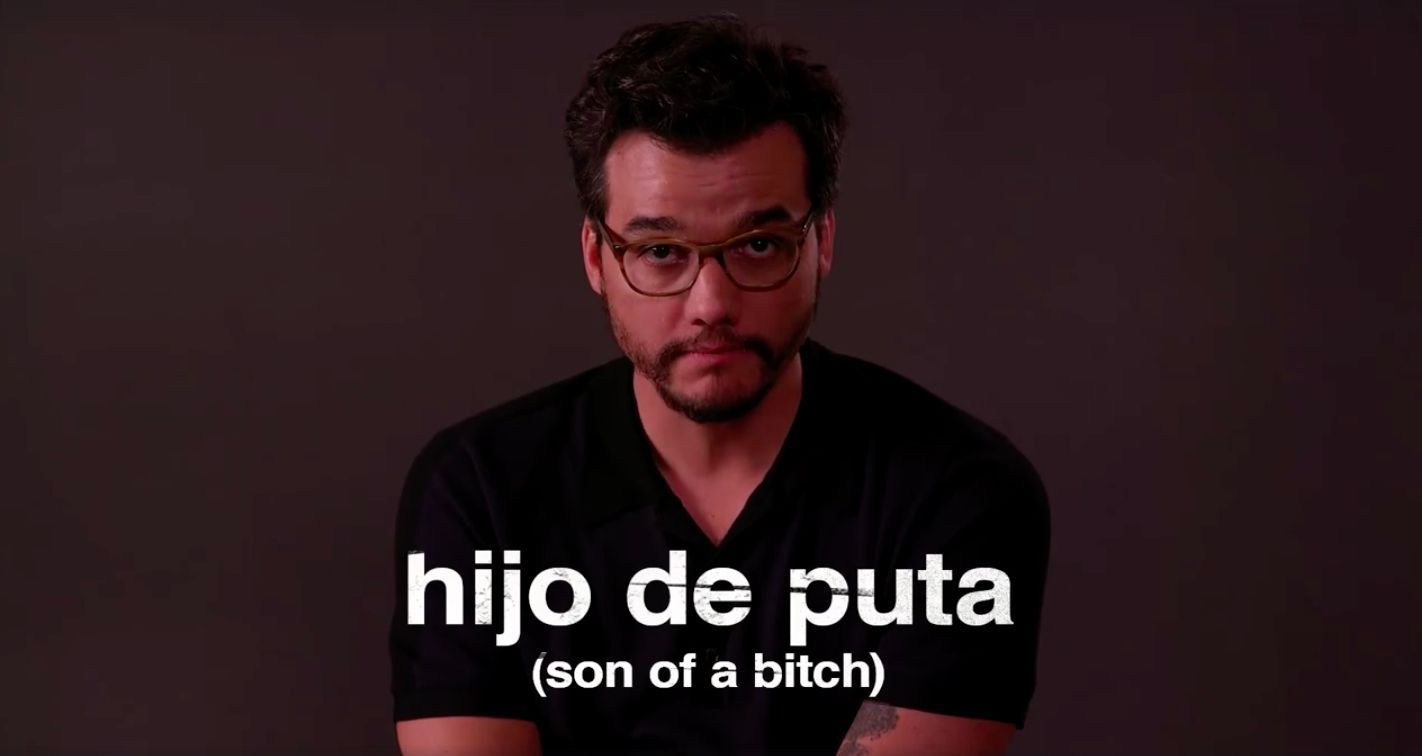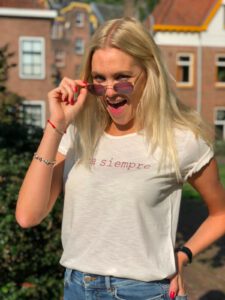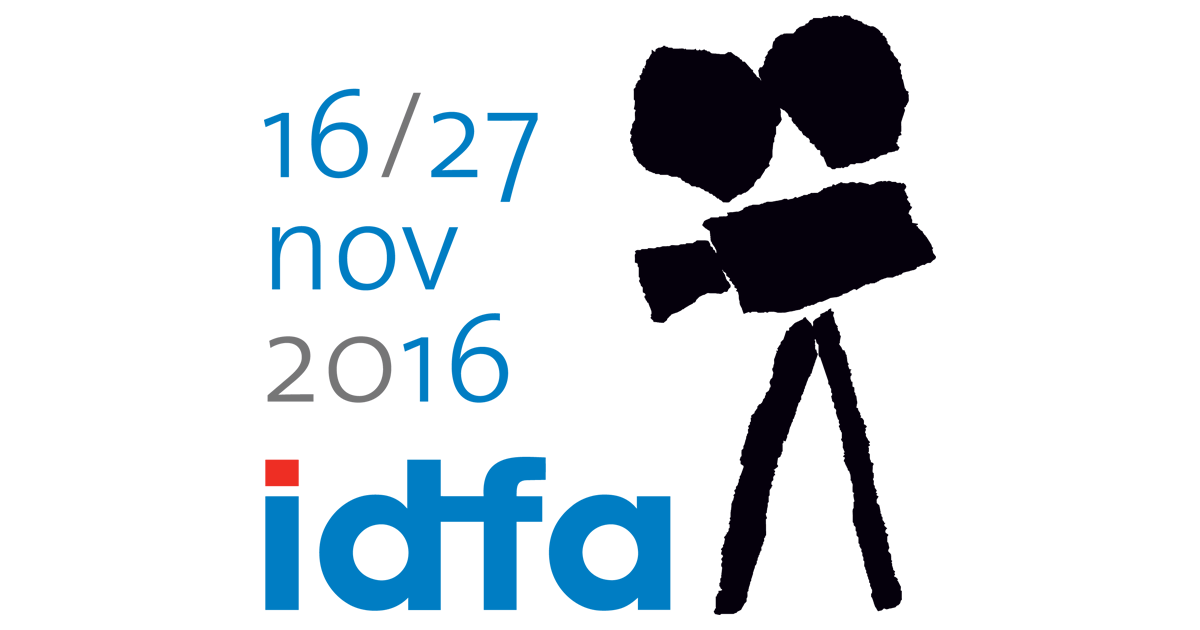
Let’s get Spanish with these documentaries @ IDFA
The 29th edition of IDFA is taking place in Amsterdam from 16 November untill 27 November. For the mañana mañana ones between us we’ve made a list with some interesting Spanish spoken must-see documentaries.
The main locations of IDFA 2016 are Pathé Tuschinski, Pathé de Munt, EYE and de Brakke Grond, but there are also a few other locations spread through Amsterdam like Melkweg, Koninklijk Theater Carré and De Kleine Komedie. Check the website of IDFA for tickets.
Compilation of the following short films about Cuba in transition.
Cuban Shorts
- Munt 09 – Monday 21-11 13:15
- Tuschinski 3 – Thursday 24-11 10:15
Mortiz (13 min): An intimate and delicate portrait of a 5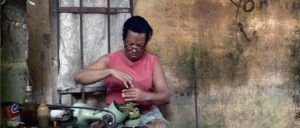 0-year-old Cuban electrician named Maria. She had to make a quick career choice as a student, she says, and somehow she never moved on, so this is how she makes a living. Maria’s life hasn’t always gone smoothly: her ex lives in the house she paid for; behind the spare parts in the workshop, we see her bed. Sometimes she climbs on the roof, looks up at the clouds and thinks about her granddaughter. There she feels better and can breathe more easily.
0-year-old Cuban electrician named Maria. She had to make a quick career choice as a student, she says, and somehow she never moved on, so this is how she makes a living. Maria’s life hasn’t always gone smoothly: her ex lives in the house she paid for; behind the spare parts in the workshop, we see her bed. Sometimes she climbs on the roof, looks up at the clouds and thinks about her granddaughter. There she feels better and can breathe more easily.
House for Sale (13 min): Now that the ban on buying an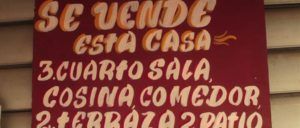 d selling houses in Castro’s socialist state has been lifted after more than 50 years, Cubans are developing all kinds of sales techniques to get the best deals on their properties. Three Cubans invite us into their homes and rather awkwardly make a sales pitch of their beloved living environment, full of memories, souvenirs and family members. The emotion lies in the dedication and innocence with which the vendors show off their wares – and with them, their lives.
d selling houses in Castro’s socialist state has been lifted after more than 50 years, Cubans are developing all kinds of sales techniques to get the best deals on their properties. Three Cubans invite us into their homes and rather awkwardly make a sales pitch of their beloved living environment, full of memories, souvenirs and family members. The emotion lies in the dedication and innocence with which the vendors show off their wares – and with them, their lives.
Connection (18 min): In 2016, ETECSA – the only telep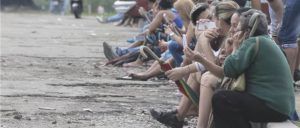 hone company in Cuba – installed Wi-Fi routers in 18 public parks across the country. For many Cubans, this meant being able to go online for the first time. This portrait of one of these parks with Wi-Fi in Havana shows how a new social meeting place is the result, as every day crowds of people with smartphones, tablets and chairs turn up to cluster together around the antennas.
hone company in Cuba – installed Wi-Fi routers in 18 public parks across the country. For many Cubans, this meant being able to go online for the first time. This portrait of one of these parks with Wi-Fi in Havana shows how a new social meeting place is the result, as every day crowds of people with smartphones, tablets and chairs turn up to cluster together around the antennas.
Great Muy Bien (16 min): Although the economic emba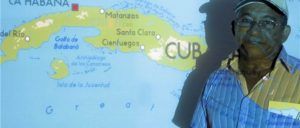 rgo against the island is still partially in force, it’s suddenly no longer unrealistic for Cubans to dream of one day living and working abroad. That’s why many Cubans are now learning English in the private schools that have popped up like mushrooms all over the country. Director Sheyla Pool highlights the urgent need for these lessons by showing us a labored conversation between an American tourist and his Cuban driver.
rgo against the island is still partially in force, it’s suddenly no longer unrealistic for Cubans to dream of one day living and working abroad. That’s why many Cubans are now learning English in the private schools that have popped up like mushrooms all over the country. Director Sheyla Pool highlights the urgent need for these lessons by showing us a labored conversation between an American tourist and his Cuban driver.
To be a miss (84 minutes)
- Tuschinski 6 – Saturday 19-11 22:45
- Munt 09 – Friday 25-11 13:15
- EYE Cinema 2 – Saturday 26-11 11:45
The Venezuelan people’s first experience with democracy  came about through a beauty contest. In this Latin American country, which was still a dictatorship in the 1950s, it was a novelty for a working-class beauty queen to beat a rival from the elite. Now, beauty contests are big business in Venezuela. To Be a Miss showcases the coaches, agencies, plastic surgeons and even a manufacturer of the hotly contested beauty queens’ crowns. But above all we see the young women trying to escape the poverty of everyday life by competing in beauty contests. The success of Venezuelan women in international beauty pageants encourages them to hope for a better future. Nevertheless, there are also critical voices from the university – not surprising when we see the preliminary rounds of a contest being held in a plastic surgery practice.
came about through a beauty contest. In this Latin American country, which was still a dictatorship in the 1950s, it was a novelty for a working-class beauty queen to beat a rival from the elite. Now, beauty contests are big business in Venezuela. To Be a Miss showcases the coaches, agencies, plastic surgeons and even a manufacturer of the hotly contested beauty queens’ crowns. But above all we see the young women trying to escape the poverty of everyday life by competing in beauty contests. The success of Venezuelan women in international beauty pageants encourages them to hope for a better future. Nevertheless, there are also critical voices from the university – not surprising when we see the preliminary rounds of a contest being held in a plastic surgery practice.
Jesser and the Sugarcane (15 minutes)
- EYE Cinema 2 – Wendesday 23-11 14:00
- Tuschinski 5 – Thursday 24-11 13:00
- Tuschinski 5 – Saturday 26-11 10:30
Jesser is 11 and lives with his parents and sister in Nicar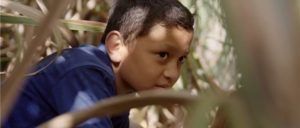 agua, in a small stone hut among the trees. He gets lessons from Cristhian in a communal garden, where he conscientiously tends the plants. He loves plants, but he doesn’t like sugar cane. Sugar cane is the major source of income for this poor community, but it’s also notorious for making people sick. Jesser’s father is one of these people; the long days working under the hot sun have destroyed his kidneys. His illness is incurable and he could die, like the father of Jesser’s cousin and best friend, Jocelyn. Sitting among the sugar cane chewing on the stalks, Jesser and Jocelyn talk about what they want to do with their lives.
agua, in a small stone hut among the trees. He gets lessons from Cristhian in a communal garden, where he conscientiously tends the plants. He loves plants, but he doesn’t like sugar cane. Sugar cane is the major source of income for this poor community, but it’s also notorious for making people sick. Jesser’s father is one of these people; the long days working under the hot sun have destroyed his kidneys. His illness is incurable and he could die, like the father of Jesser’s cousin and best friend, Jocelyn. Sitting among the sugar cane chewing on the stalks, Jesser and Jocelyn talk about what they want to do with their lives.
Tempestad (105 minutes)
- Tuschinski 6 – Friday 18-11 11:45
- Munt 11 – Tuesday 22-11 14:00
- Brakke Grond Expozaal – Wednesday 23-11 21:45
- Tuschinski 4 – Thursday 24-11 20:15
On a normal day on her way to work, Miriam is arrested o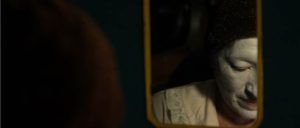 n suspicion of human trafficking. While the government reports that a criminal gang has been rounded up, in reality a group of innocent Mexicans has fallen victim to the vagaries of a corrupt system. Miriam is held for more than a year in a prison run by a drug cartel, and her family has to pay for her protection. In jail, Miriam faces extortion, humiliation and extreme violence, memories that will continue to haunt her for years to come. A circus artist named Adela is also a victim: her daughter Monica was kidnapped by human traffickers 10 years ago and has never come back. The horrific abductions, the unseen civil war between the government and the drug cartels and the ubiquitous fear this brings about are revealed through poetic, meditative images of everyday life in Mexico, with Miriam and Adela providing a voice-over.
n suspicion of human trafficking. While the government reports that a criminal gang has been rounded up, in reality a group of innocent Mexicans has fallen victim to the vagaries of a corrupt system. Miriam is held for more than a year in a prison run by a drug cartel, and her family has to pay for her protection. In jail, Miriam faces extortion, humiliation and extreme violence, memories that will continue to haunt her for years to come. A circus artist named Adela is also a victim: her daughter Monica was kidnapped by human traffickers 10 years ago and has never come back. The horrific abductions, the unseen civil war between the government and the drug cartels and the ubiquitous fear this brings about are revealed through poetic, meditative images of everyday life in Mexico, with Miriam and Adela providing a voice-over.

